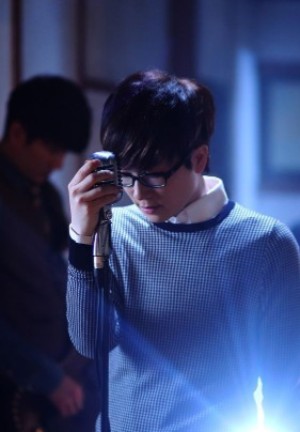What is Kpop
K-pop (abbreviation of Korean pop; Korean: 케이팝) is a genre of popular music originating in South Korea. While the modern form of K-pop can be traced back to the early 90s, the term itself has been popularized since the 2000s, replacing the term Gayo (가요), which also refers to domestic pop music in South Korea. Although it generally indicates "popular music" within South Korea, the term is often used in a narrower sense to describe a modern form of South Korean pop that is influenced by styles and genres from around the world, such as experimental, rock, jazz, gospel, hip hop, R&B, reggae, electronic dance, folk, country, and classical on top of its traditional Korean music roots. The more modern form of the genre emerged with the formation of one of the earliest K-pop groups, Seo Taiji and Boys, in 1992. Their experimentation with different styles and genres of music and integration of foreign musical elements helped reshape and modernize South Korea's contemporary music scene.
Sourced from Wikipedia
 Seo Taijin Pinterest
Seo Taijin Pinterest
 Henry Appenzeller
Henry Appenzeller 